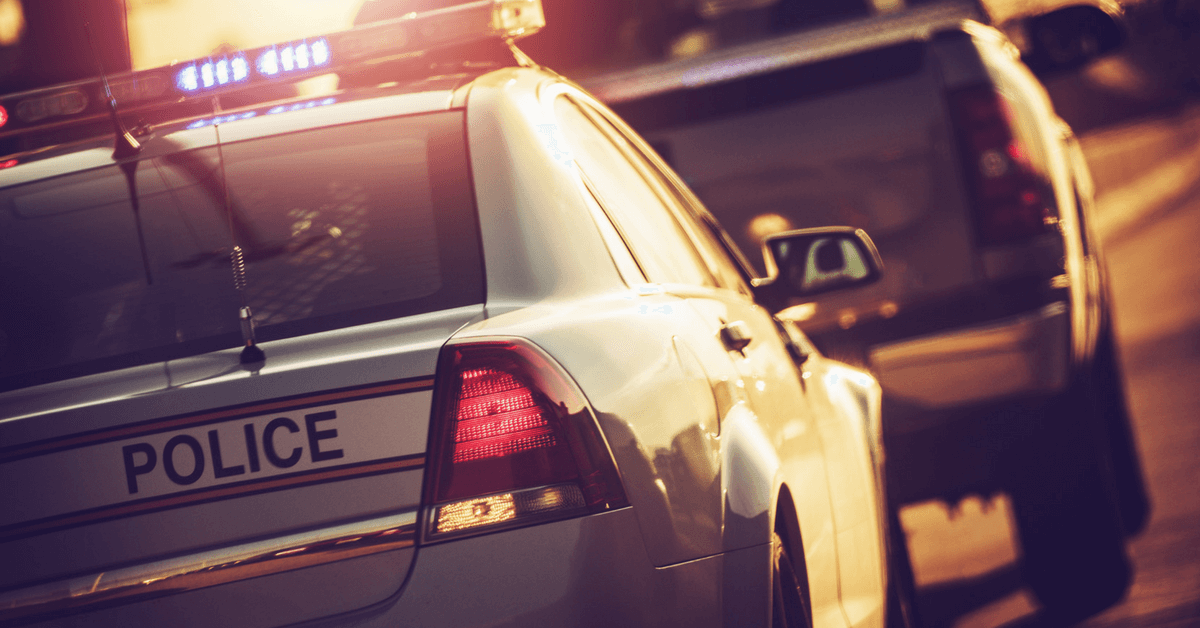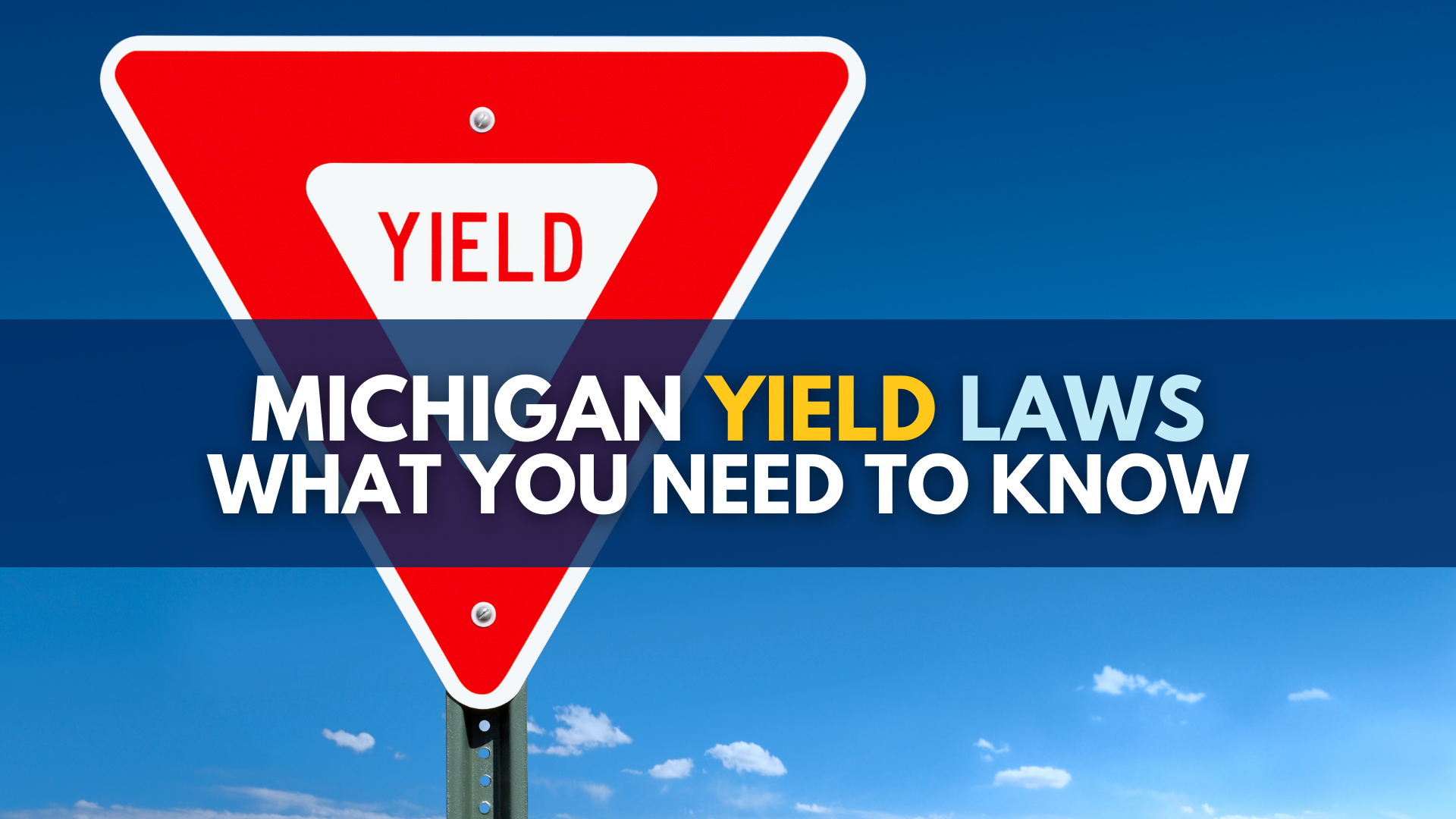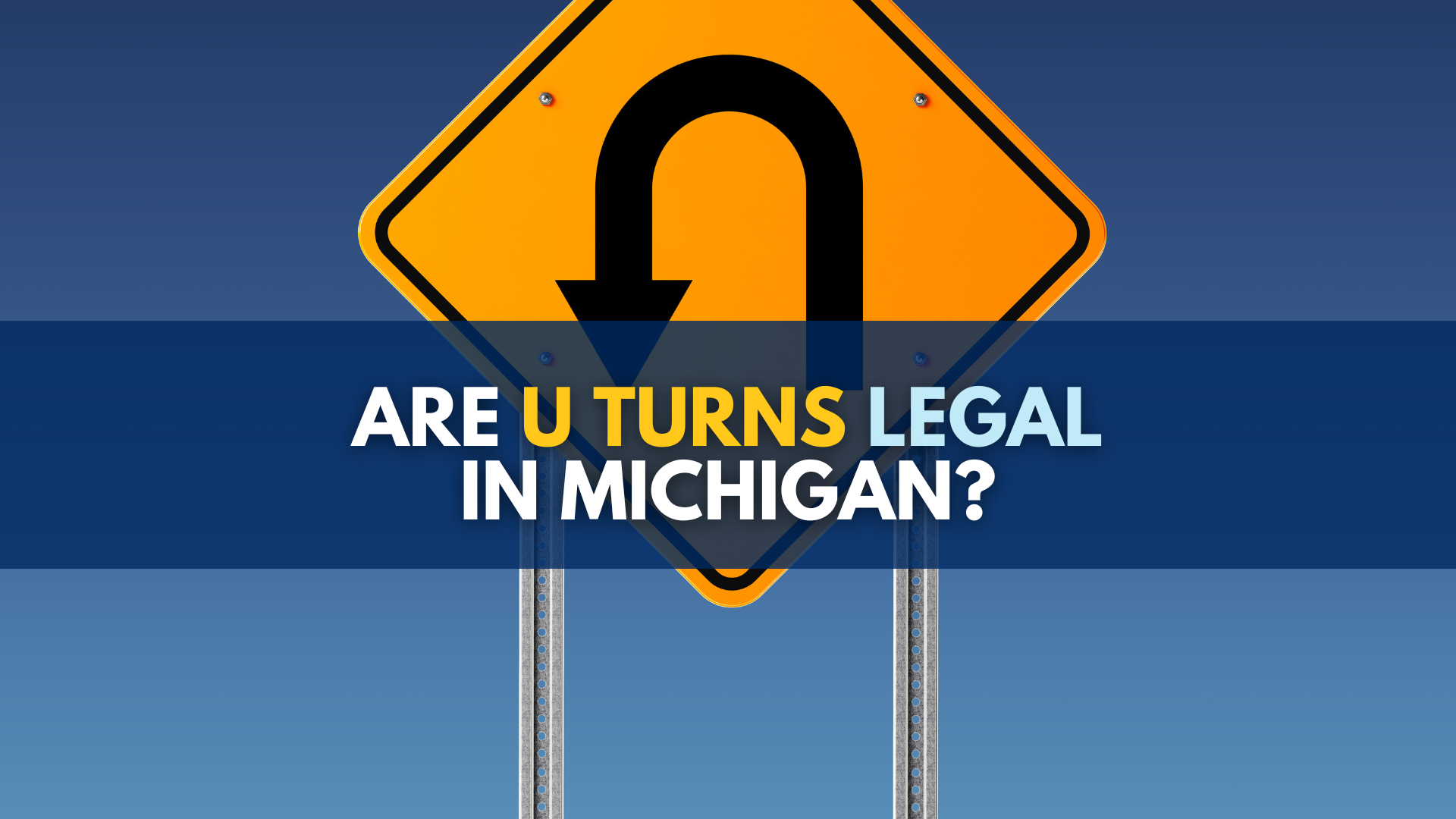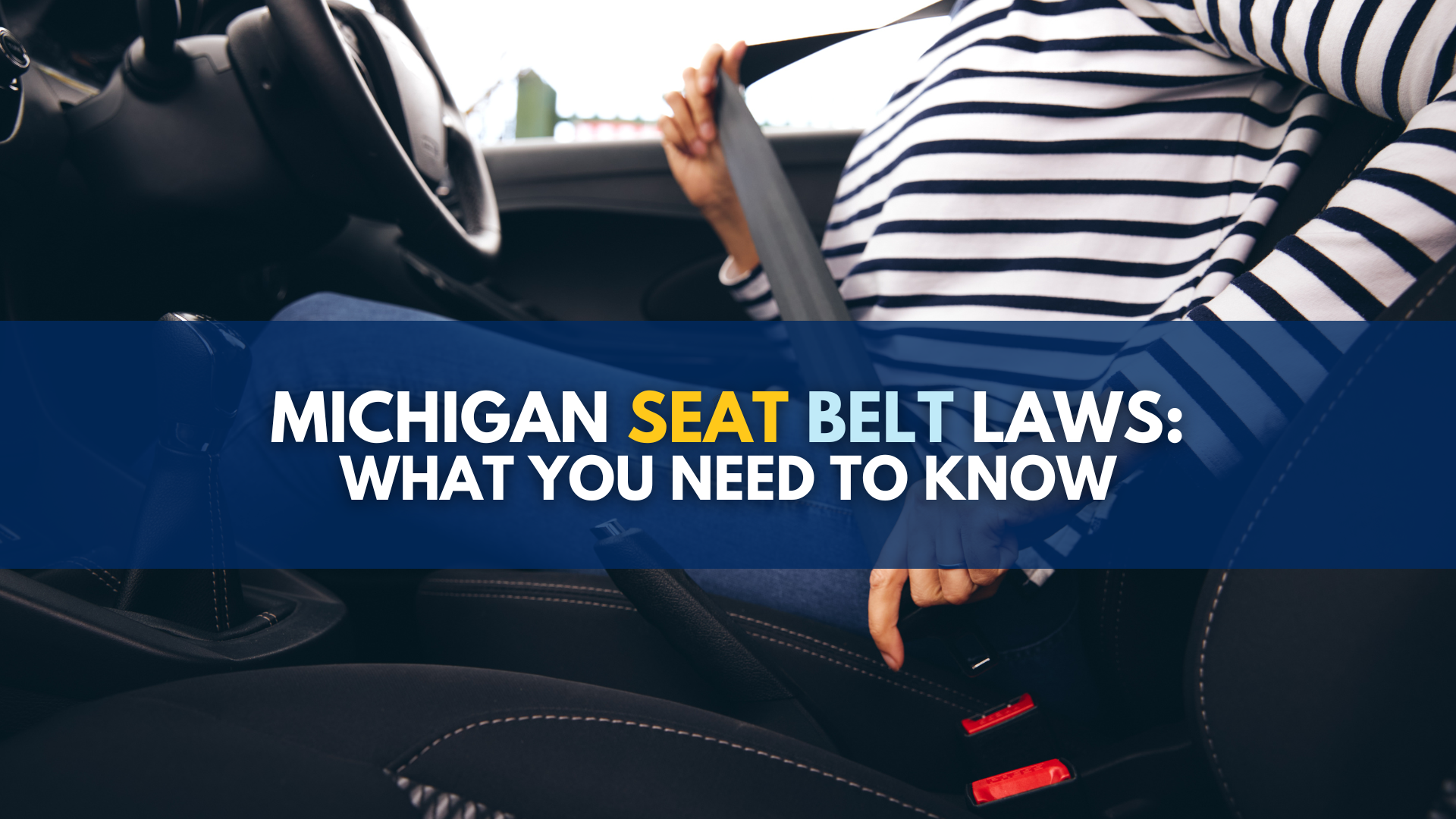To catch drivers under influence of controlled substances, MSP will conduct roadside drug testing in Berrien, Delta, Kent, St. Clair and Washtenaw counties

Starting today, the Michigan State Police is using roadside saliva testing to catch drug-impaired drivers in five counties as part of a one-year pilot program approved by the Michigan Legislature in 2016.
As I told Michigan Lawyers Weekly last year, after Gov. Snyder signed the bills into law:
“To the extent that roadside drug testing of drivers who are suspected of driving while drug-impaired helps to reduce and/or bring an end to drug-impaired driving, then I’m all for it.”
Specifically, the laws — Public Acts 242 and 243 of 2016 — provide law enforcement the following opportunity and tools for identifying and stopping drivers who are under the influence of a controlled substance:
- “The department of state police may establish a pilot program [“for a period of 1 calendar year”] in 5 counties in this state for roadside drug testing to determine whether an individual is operating a vehicle while under the influence of a controlled substance in violation of section [MCL 257.625].” (MCL 257.625t(1) and (2))
- The “roadside drug testing” shall consist of a “[p]reliminary oral fluid analysis,” which is “the on-site taking of a preliminary oral fluid test, performed by a certified drug recognition expert … from the oral fluid of a [driver] for the purpose of detecting the presence of a controlled substance …” (MCL 257.43b)
In a November 2, 2017, press release, the MSP announced that Berrien, Delta, Kent, St. Clair and Washtenaw counties would be where its “oral fluid roadside drug testing pilot program” begin.
MLive has reported that, based on the device that will be used for the pilot program’s roadside drug testing, the MSP will be testing for the following controlled substances:
- Amphetamine.
- Benzodiazepines.
- Marijuana/cannabis.
- Cocaine.
- Methamphetamine.
- Opiates.
Below are the highlights of the roadside drug testing laws that all drivers should be aware of.
When is a driver required to submit to roadside drug testing?
A driver can be required to submit to a roadside saliva test, i.e., “preliminary oral fluid analysis” if a certified drug recognition expert who is “participating in the roadside drug testing pilot program” has:
- “[R]easonable cause to believe” “consumption of a controlled substance … may have affected [the driver’s] ability to operate a vehicle …”; or,
- “[R]easonable cause to believe that [the driver] had in his or her body any amount of a controlled substance …” (MCL 257.625r(1))
What are the penalties for refusing roadside drug testing?
Under the new laws, it will be a “civil infraction” to refuse to submit to roadside saliva testing:
“A person who refuses to submit to a preliminary oral fluid analysis upon a lawful request by a peace officer is responsible for a civil infraction.” (MCL 257.625r(5))
What is a certified drug recognition expert for purposes of roadside drug testing?
The 2016 laws provide that a “certified drug recognition expert” is:
“[A] law enforcement officer trained to recognize impairment in a driver under the influence of a controlled substance rather than, or in addition to, alcohol.” (MCL 257.625t(9)(a))
How can roadside drug testing results be used?
They can be used as the basis “in whole or in part” for an arrest and, in very limited circumstances in court, “[a]s evidence of the presence or nonpresence of a controlled substances in the [driver’s] oral fluid …” (MCL 257.625r(2) and (3))
How unusual is the oral fluid analysis that’s authorized by the roadside drug testing laws?
Interestingly, it’s not as unusual as it may appear at first glance.
The “preliminary oral fluid analysis” authorized under the 2016 laws in MCL 257.43b is very similar to the “preliminary chemical breath analysis” in MCL 257.43a that law enforcement is allowed to use to detect the presence of alcohol, controlled substances and “other intoxicating substances” in a driver’s “body.”
Shared qualities include: a reasonable cause requirement; restrictions on the use of testing results; and penalties for refusal to submit to testing. (Compare: MCL 257.625r(1), (2), (3) and (5) and 257.625a(2))
Notably, however, a “preliminary chemical breath analysis” can be required by any law enforcement officer, not just a “certified drug recognition expert” as is the case with the oral fluid analysis.


